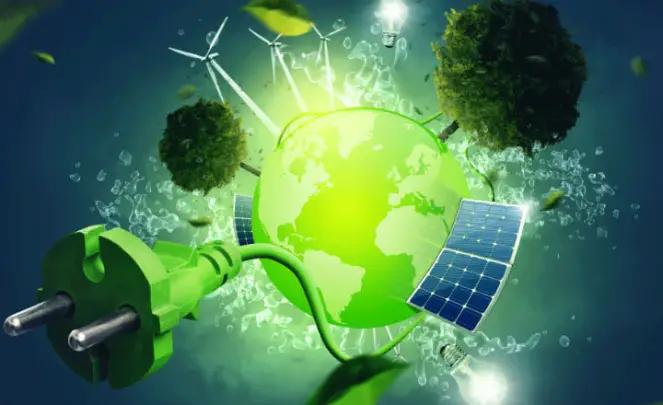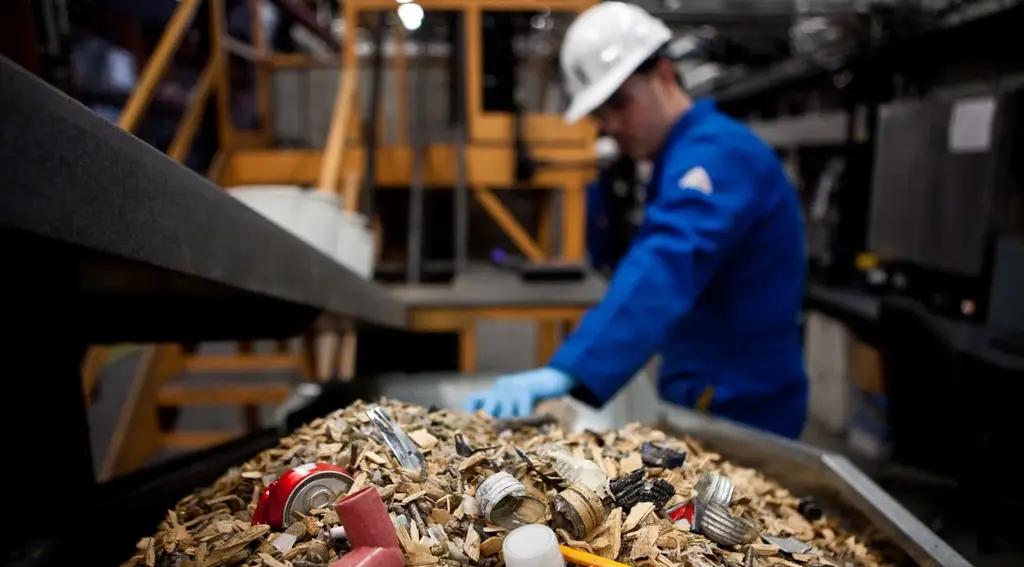
Published
01/03/2025, 13:28Transition to a green economy for small businesses: incentives and barriers
In the long term, the use of green technologies will help Kyrgyzstan to strengthen food security, improve export potential and contribute to global efforts to combat climate change. Such issues were addressed by representatives of government agencies, agricultural producers and agrarians at the seminar «Green incentives and barriers for SMEs in agribusiness, agriculture and water management».
The event, which brought together small businesses from different regions, voiced that the application of innovations such as precision farming, renewable energy and sustainable resource management help to increase productivity, improve product quality and protect the environment.
The development of SMEs in areas such as renewable energy, energy efficient construction, energy saving equipment faces a number of challenges. These include legislative gaps, difficult access to finance and lack of knowledge.
It should be noted that the seminar was organised by the European Bank for Reconstruction and Development (EBRD) together with the NISI under the President of the Kyrgyz Republic and UNISON Group within the framework of the project «Promoting Government Incentives for SMEs to Transition to a Green Economy», implemented with the support of the EBRD and the Government of Switzerland.
The UNISON Group Public Foundation, the European Bank for Reconstruction and Development and the National Institute for Strategic Initiatives conducted a study of laws and documents that could become an incentive for the introduction of renewable energy and identified shortcomings that need to be addressed.
Sanzhar Mukanbetov, Director of the NISI, noted that the issues of climate change and sustainable development are now becoming not just topical, but critical for each state.
"Our country actively participates in international initiatives, such as the Paris Agreement, and carries out targeted work to combat climate change. Kyrgyzstan has set ambitious goals - to reduce greenhouse gas emissions by 18 per cent by 2030, and with international support - by 44 per cent. Moreover, at COP-29 in Baku, President Sadyr Zhaparov outlined a plan to achieve carbon neutrality by 2050,’ he said.
Sanzhar Mukanbetov emphasised that achievement of these goals is possible only with the active participation of everyone: the state, citizens and especially entrepreneurs. Small and medium-sized businesses, with their flexibility and innovative potential, play a key role in the green transformation of the economy.
«We organised the event to share the results of the analysis and show what incentives and barriers there are for the private sector to implement green mechanisms. All government programmes and legislative regulations have been reviewed. There are some declarative documents already adopted that can create conditions for active participation of the private sector. For example, VAT exemption for green technologies, exemption from property taxes for 50% of buildings that meet energy efficiency standards, exemption from customs payments for electric vehicles. There is also a recycling levy, which was adopted recently. But at the same time it was found that many mechanisms are either unknown to the private sector, entrepreneurs or do not fully work», said Nurzat Abdyrasulova, president of UNISON Group.
Meanwhile, the Law on Farms, for example, adopted in 1999, no longer meets modern requirements. Therefore, it is necessary to develop a new document in line with FAO directions on family farms.
In addition, the experts voiced a number of requirements to improve local legislation in the agricultural sector. The support of the state and international organisations plays a key role in the implementation of these projects, but success also depends on the involvement of farmers themselves.
«Farmers have not yet learnt how to minimise their costs and increase their profitability. As soon as they change their vision of how to make a profit, but at the same time preserve technology and use energy-efficient methods, they will discover another side of doing business,» said Baktygul Askeralieva, chairman of the board of Agro Union.
She added that many regulatory legal acts are not finalised, benefits exist, but they are general and not everyone can take advantage of them.
«Thanks to the work of experts in two days, recommendations on measures to incentivise and help companies in the transition to a green economy have been collected. We realise that the measures are not functioning properly and more effort is needed to make them work and be useful for business. The business community should also not stay on the sidelines, but should consolidate its efforts», said Bakay Zhunushev, Lead Manager of the EBRD's Small Business Advisory Service.
All participants agreed that work on joint efforts to promote green technologies at the legislative level will continue.



